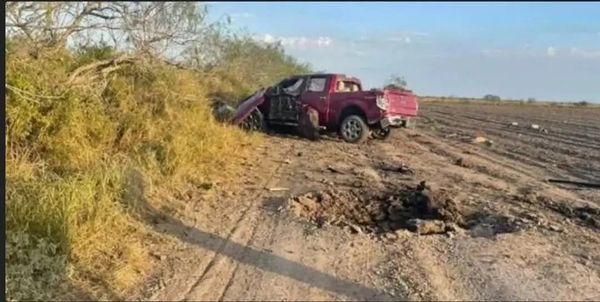There's a lot of suspicion about at the moment about the pricing of fuel and exactly why it is that some of us are now having to fork out over £100 to fill up our cars. Fuel prices have rocketed in recent months and recently saw some filling stations charging more than £2-a-litre.
Russia's war on Ukraine has been mostly blamed for a rise in demand for oil which in turn has pushed up the price of a barrel. That in turn translates into higher prices at the pumps, although some countries have higher prices than others. The cost of filling an average family car has reached a staggering £100.27 for petrol and £103.43 for diesel as the fuel cost crisis rages on.
While this is a global issue, it hasn't stopped some people from questioning just why prices do keep on rising, and one customer's complaining prompted a Welsh filling station to set out exactly how much it ends up with of the money customers spend filling up their tanks, dividing public opinion in Wales.
Read more: Wales rugby legend Phil Bennett dies aged 73
The Brian Llewelyn A'i Ferched garage at Eglwyswrw, Pembrokeshire, posted on Facebook about its exchange with the customer. The post read: "Tonight we had one customer turn up after we had put the pole signs off, as we were closing. This person pulled up to the pump, saw it was 193.9p per litre. They came into the shop and said, 'I was going to put fuel in but not at that price.'
"I said, 'I'm sorry, but it's not my fault'. For everyone that is thinking that it is the petrol forecourt themselves that are making the money at the moment, here’s a quick breakdown of how little forecourts actually make from the price of fuel." The business highlighted the minor financial gain from a £100 sale of diesel - you can read the full breakdown and more about the story here.
The response prompted hundreds of responses and reactions from WalesOnline readers.
One commenter argued, "as soon as the price per barrel rises the pump prices change same day even though that fuel is from barrels that were cheaper. When the price of a barrel drops in value the decrease at the pumps takes months".
Annina Sansom said the rising costs were inevitable because of how people interacted in today's society. She said: "We have somehow normalised driving hundreds of miles a week to go to and from work, to shop and see family, without caring about the effect on the planet. Now we have to pay in cold hard cash we are concerned about it." It was a popular argument which many agreed with.
Hannah Williams added that the outcome was a created problem, stating: "In Ceredigion, they have closed all of the small local schools, there’s only a train in Aberystwyth which will take you to England rather than anywhere in Wales, hardly any buses, it’s a 3 mile walk to my nearest bus stop. I have to drive to do the normal activities of life. The government have created this situation and then tax people like me 50% or so for the consequences of what they have created."
But Warne Woolfall was still inclined to lay the blame at the feet of the garage owners, arguing: "Petrol stations will put the price up as soon as oil increases, but the problem is that the fuel that’s stored in their tanks was bought at a cheaper price. So they should only change their prices when they take delivery of fuel and adjust the prices then."
Sarah Eynon responded to the claims arguing the blame was unwarranted. She said: "I disagree with you, we adjust our prices at our filling station as and when we start the new petrol delivery. It’s a tough business to be in at the moment. Don’t blame the petrol station owners."
And others also added to the defence of fuel stations. Anthony Thomas said: "It's all about the fuel companies and the government which are ripping us off."
One user even commented that the situation elsewhere needed to be replicated in the UK. Robert Forster said: "Just returned from Spain and the Government deduct 10% off the pump price shown every time you fill up in order to help the public, not like our lot who take what they can ring out of you. The roads are much more superior, even the B roads and the car tax called Suma was only 46 euros per year for my Ford Focus 1.6 diesel. Diesel is cheaper than petrol in Spain as the Government knows that high diesel costs would effect heavy transport which would transfer to higher food costs, again not like our money grabbing lot."
Jay James said there should be some form of protest. "In the modern day of social media, you’d think there’d be a mass demonstration organised by now," he said.
You can read our interviews here with people in Wales whose jobs have come under threat because of the fuel cost crisis. For the latest coverage on fuel prices click here.
Find out about food banks in your area:







